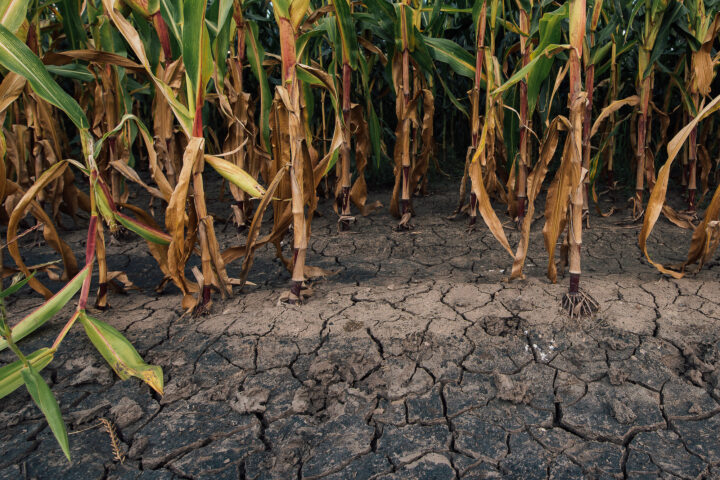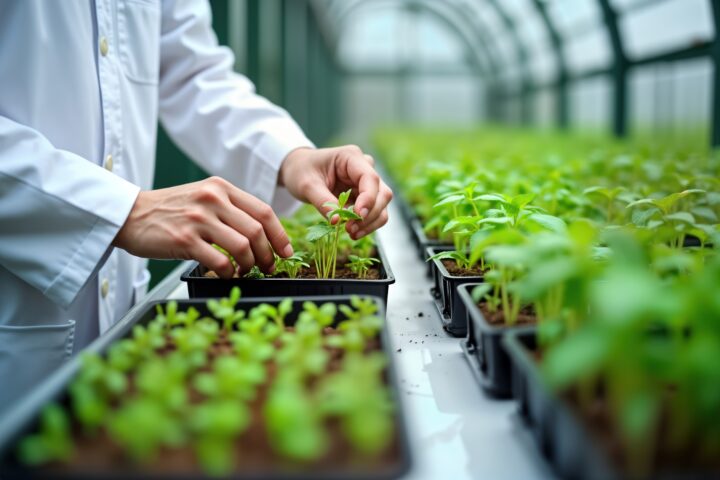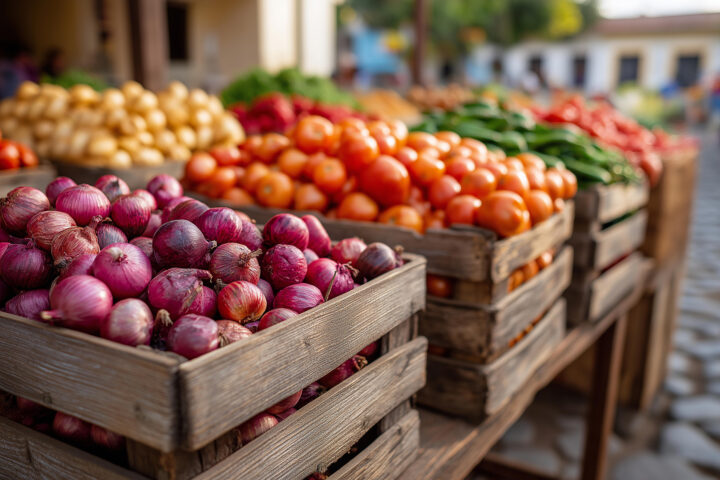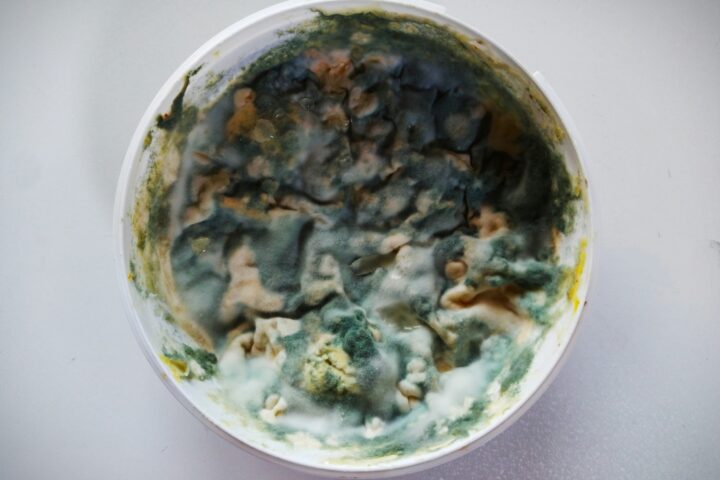
PFAS, trade-offs and responsibility – how politics and agriculture find solutions
In this episode of the joint series by Agrarpolitik – der Podcast and swiss-food.ch, National Councillor Christine Badertscher discusses how residues and threshold values are debated in Parliament.
Monday, November 17, 2025
The extraordinary session on PFAS during the Swiss Parliament’s 2025 autumn session was remarkably factual. For Badertscher, one thing is clear: PFAS are a problem that affects everyone. Accordingly, there was broad political willingness to initiate first measures such as funding research, examining possible labelling requirements, and providing support for farms whose soils are contaminated with PFAS residues.
Badertscher also emphasises how strongly different stakeholders – NGOs, industry associations and the private sector – attempt to influence political decisions. Such lobbying shapes parliamentary work, not only for PFAS but for almost every issue in the fields of environment and agriculture.
Many political debates revolve around conflicting goals: How can health protection, environmental concerns and economic realities be reconciled? Badertscher describes how difficult these trade-offs are and explains that misunderstandings often arise between agriculture and politics. Both sides have their blind spots: agriculture sometimes struggles to acknowledge certain problems, while policymakers tend to underestimate the practical challenges of agricultural production.
Overview of the full series Agrarpolitik – the podcast with swiss-food
The Agrarpolitik podcast and swiss-food.ch explore in a joint series how Switzerland deals with risks, measurements and public perceptions of chemicals – in a factual, clear and practice-oriented way.
The highlight of the series was the live event at Bogen F in Zurich.
Episodes:
Episode 1 with Dr Angela Bearth (Listen to the episode, translated with AI)
Episode 2 with Dr Lothar Aicher (Listen to the episode, translated with AI)
Episode 3 with Dr Michael Beer (Listen to the episode, translated with AI)
Episode 4 with Christine Badertscher (Listen to the episode, translated with AI)
A key point for Badertscher is equal treatment of imports and domestic production. Her motion for zero tolerance of prohibited active substances on imported products was accepted and must now be implemented. This will lead to adjustments in value chains – but such changes take time. A second issue is access to lower-risk plant protection products. According to Badertscher, the approval process for low-risk products takes far too long. Her motion aims to speed up this process so that safer alternatives become available more quickly.
Badertscher also argues that the role of consumers is underrepresented in political discussions. Anyone demanding more sustainability and stricter rules must also reflect on their own consumption behaviour. She emphasises that regulation is always the result of balancing different interests: NGOs, industry, agriculture and politics. What matters is that all parties recognise the problem and work together on solutions.
Badertscher supports the idea that plant protection products banned in Switzerland should not be exported. However, this demand falls short. Swiss manufacturers export only products that have a full OECD dossier and are authorised and regulated in the country of destination. International regulation is based on local agronomic needs and crops; Switzerland, for example, does not grow cashews, avocados or cotton. A special Swiss regulation would unnecessarily complicate international trade without improving public protection in the importing country. When a country needs plant protection products, it will import them – even from dubious sources: the trade in counterfeit and illegal pesticides, online and offline, poses a serious threat not only to agriculture but also to public health and the environment. If countries like Switzerland truly want to protect farmers in states with weaker regulatory systems, they rely on technical assistance – helping to build robust regulatory authorities – as foreseen by the Rotterdam Convention.
Kindly note:
We, a non-native editorial team value clear and faultless communication. At times we have to prioritize speed over perfection, utilizing tools, that are still learning.
We are deepL sorry for any observed stylistic or spelling errors.
Related articles

PFAS regulation in Switzerland: Not faster, but better
Some people also call PFAS ‘forever chemicals’. Their use must be regulated as wisely as possible. To do this, the federal government first needs to do precise groundwork, according to Stefan Brupbacher, Urs Furrer and Stephan Mumenthaler.

Biotechnology has only just begun
When Frank Schirrmacher cleared the pages of the Frankfurter Allgemeine Zeitung's arts section on 27 June 2000 to publish the human genome, which had just been deciphered for the first time, letter by letter over six pages, biotechnology came to the attention of the general public for the first time.

Why cutting out synthetic pesticides will reduce food production
The UK’s action plan to reduce pesticide use could backfire, warns agronomist Greg Dawson: overly strict regulations may make domestic farming unprofitable – and increase the United Kingdom’s dependence on imports.

Global facts on world food and agriculture
Only thanks to technological progress and modern crop protection will we be able in the future to conserve our resources while feeding a growing population in a healthy and affordable way.

Pesticides in Green Smoothies
After countless recipes for Christmas cookies, festive roasts and cocktails, the advice on losing weight, detoxing and beautifying oneself now takes centre stage. Most of it is sheer nonsense.

Natural Toxins: An Underestimated Risk in Our Food
Safe food cannot be taken for granted. While chemical substances are often the focus of public criticism, reality shows that the greatest risks to food safety are of natural origin. Recent recalls of infant food products illustrate how insidious bacterial toxins or moulds can be.

Herbal Teas: Making You Sick Instead of Slim
Plant protection products are frequently the focus of public criticism. Far less attention is paid to the fact that natural ingredients in teas and dietary supplements are also biologically active and can pose health risks.

